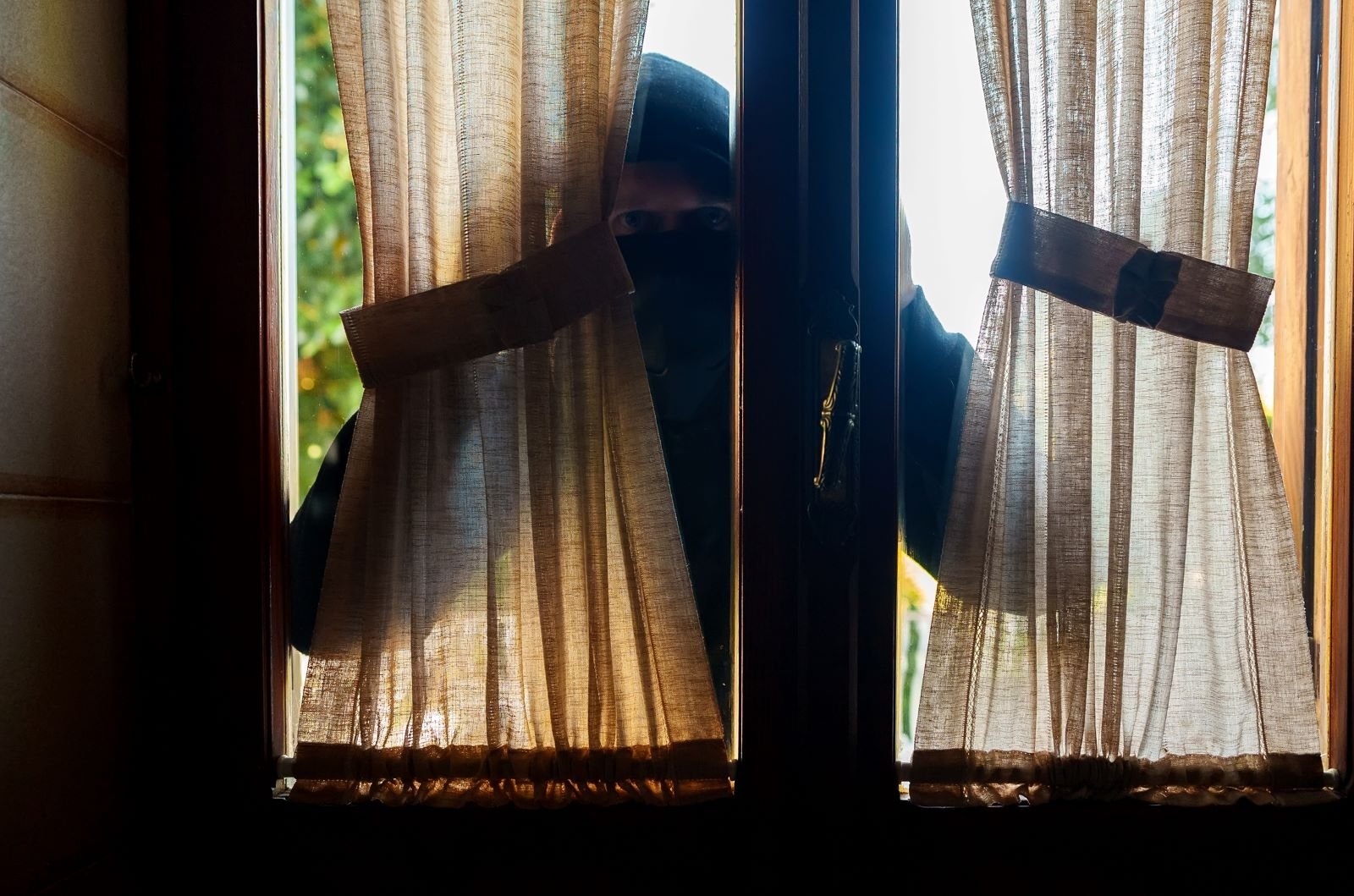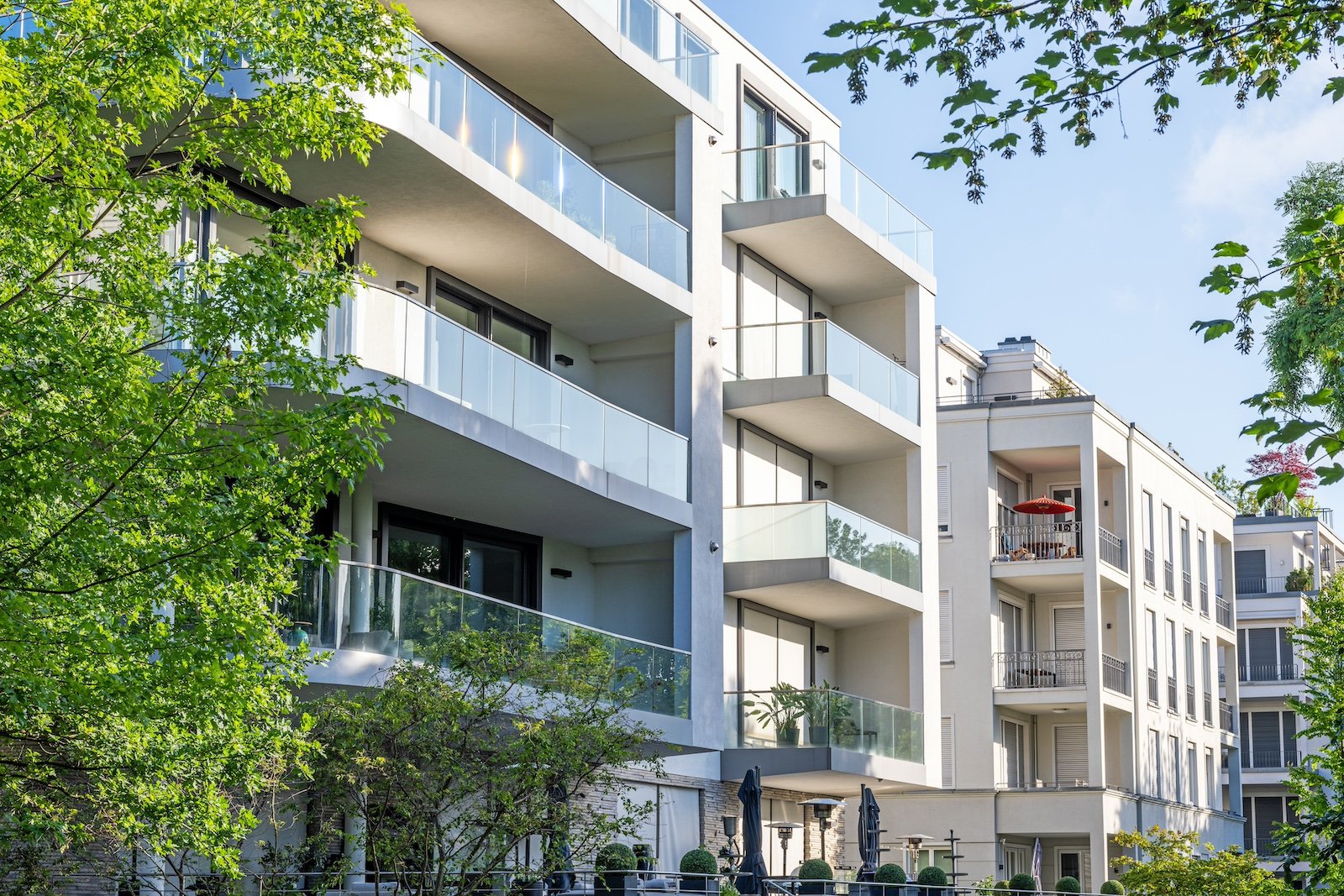Over the past decade, Airbnb has transformed the way we travel, offering unique lodging options and a taste of local life. However, the platform’s appeal has significantly declined in recent years. Here, we explore the multifaceted reasons behind this shift, backed by statistics and user experiences.
Escalating Costs

What once made Airbnb a budget-friendly alternative to hotels has changed. Prices on Airbnb have surged, often surpassing those of traditional hotels. Hidden fees for cleaning, service, and sometimes even unexpected charges can lead to a total cost that is significantly higher than initially advertised.
According to Surface Magazine, this cost increase is a major deterrent for many travelers.
Inconsistent Quality

Airbnb’s charm lies in its diverse accommodations, but this also means a lack of standardization. Unlike hotels, which maintain consistent quality across their properties, Airbnb experiences can vary dramatically. From misleading photos to poor cleanliness, travelers frequently encounter subpar conditions. This inconsistency drives many back to the predictability and reliability of hotel chains.
Regulatory Challenges

Cities around the globe have started imposing strict regulations on short-term rentals to address housing shortages and community disruption. These regulations can lead to last-minute cancellations or fewer available listings. For instance, New York City has implemented stringent rules that heavily impact Airbnb hosts and guests alike.
Safety Concerns

Safety is a primary consideration for any traveler, and Airbnb has had its share of safety issues. Many reports of theft, inadequate security measures, and even criminal activity at some properties have surfaced.
Neighborhood Disruption

The proliferation of short-term rentals has disrupted residential neighborhoods, causing increased noise, traffic, and a loss of community feel. This has led to a backlash from local residents and stricter regulations in many cities. Barcelona, for instance, has planned to crack down on short-term rentals to preserve the character of its neighborhoods.
Lack of Amenities

While staying in a unique Airbnb property can be charming, it often lacks the amenities that hotels provide. Daily housekeeping, on-site dining options, fitness centers, and concierge services are standard in hotels but rare in Airbnb properties. For many travelers, these conveniences are non-negotiable.
Poor Customer Service

Airbnb’s customer service has been criticized for being slow and unresponsive, especially in resolving urgent issues. Unlike hotels, which offer 24/7 customer service, Airbnb often leaves guests feeling unsupported during problematic situations. This lack of reliable customer support has pushed many travelers back to hotels, where immediate assistance is guaranteed.
Negative Impact on Housing Markets

One of the most contentious issues surrounding Airbnb is its impact on local housing markets. By converting residential properties into short-term rentals, Airbnb has contributed to housing shortages and increased rents in many urban areas, leading to increased opposition from both local residents and policymakers.
Privacy Concerns

Incidents involving hidden cameras in Airbnb properties have raised serious privacy concerns. The possibility of being secretly recorded is a major deterrent, driving many to choose hotels, where such risks are minimal due to strict regulations and frequent inspections.
Unreliable Hosts

Airbnb hosts can be unpredictable, with some canceling bookings at the last minute or enforcing stringent cancellation policies. This unpredictability adds stress to travel planning. Hotels, by contrast, offer more reliable booking and cancellation policies, making them a safer choice for many travelers.
Environmental Impact

The environmental footprint of frequent short-term rentals is another concern. Airbnb properties often lack the sustainability practices adopted by many hotels. Increased waste generation and higher energy consumption in residential areas have led environmentally conscious travelers to prefer hotels that prioritize eco-friendly practices.
Commercialization of Listings

Airbnb’s initial appeal was rooted in personal, unique experiences offered by individual hosts. However, the platform is now dominated by professional landlords and property managers, which has diluted its original charm. This commercialization makes Airbnb feel less authentic and more like a hotel alternative without the benefits of a hotel.
Insurance and Liability Issues

Airbnb’s insurance policies are often insufficient for covering damages or liabilities, leaving guests and hosts vulnerable. In contrast, hotels offer comprehensive insurance that covers a wide range of issues, providing an added layer of security and peace of mind for guests.
Complicated Booking Process

The process of booking an Airbnb can be cumbersome, requiring extensive communication with hosts and a lack of immediate confirmation. Hotels, on the other hand, offer a straightforward, user-friendly booking experience that appeals to those seeking convenience and efficiency.
Preference for Loyalty Programs

Many travelers are drawn to the benefits of hotel loyalty programs, which offer perks such as free nights, room upgrades, and exclusive member discounts. Airbnb lacks such programs, making hotels a more attractive option for frequent travelers looking to maximize their benefits.
Limited Availability in Prime Locations

In popular tourist destinations, high demand often leads to a scarcity of Airbnb listings. Hotels, which typically maintain a significant presence in prime locations, ensure that travelers have accommodation options in the heart of their chosen destinations, which is a significant advantage.
Concerns Over Cleaning Practices

While Airbnb hosts are expected to maintain clean properties, the reality can fall short of expectations. Complaints about dirty accommodations are not uncommon. Hotels, with their strict hygiene standards and regular inspections, provide a more reliable guarantee of cleanliness.
Challenges for Long-Term Stays

For travelers planning extended stays, the lack of amenities and services at many Airbnb properties can be a significant drawback. Hotels often offer extended-stay packages with additional benefits such as kitchen facilities, laundry services, and consistent housekeeping, making them more suitable for long-term visits.


